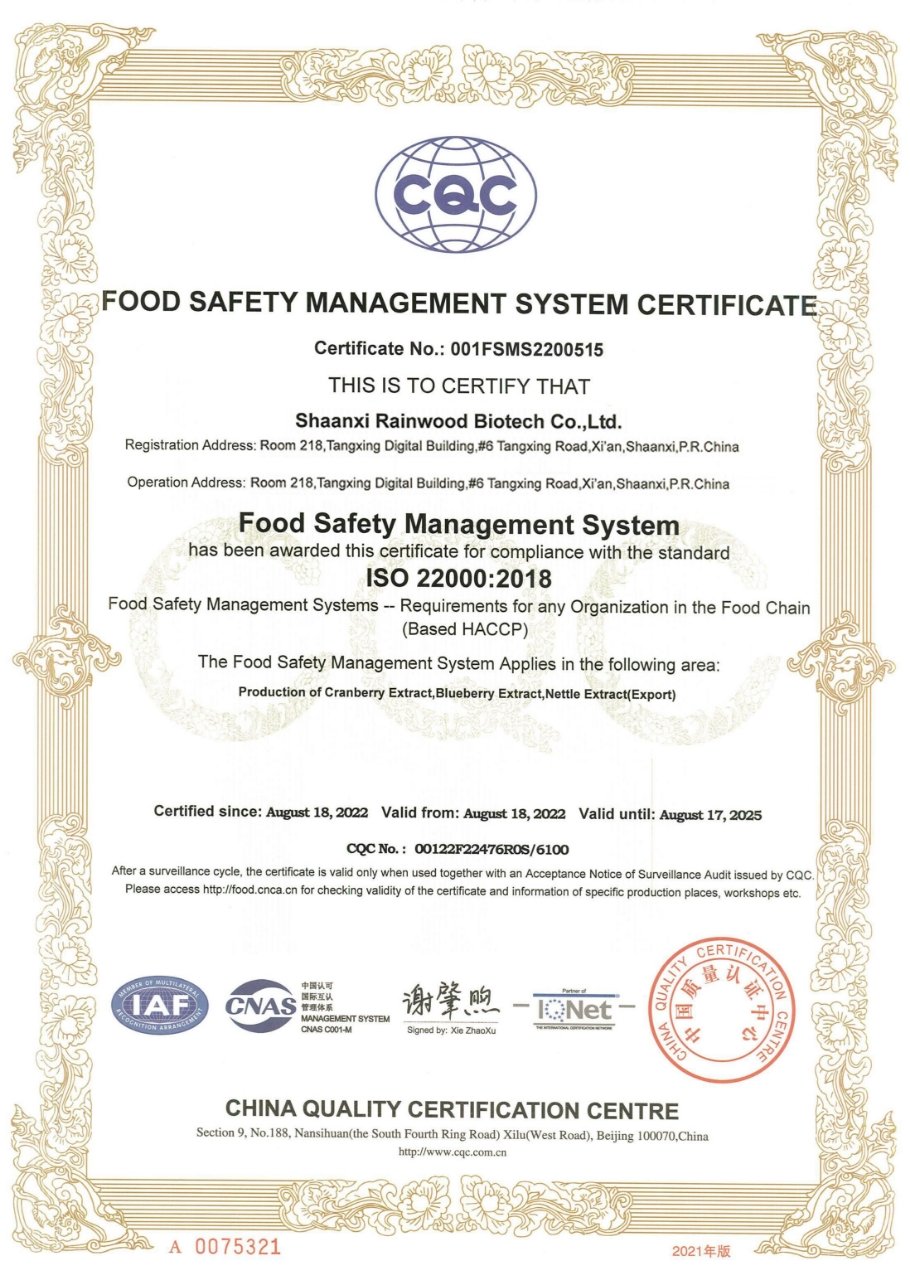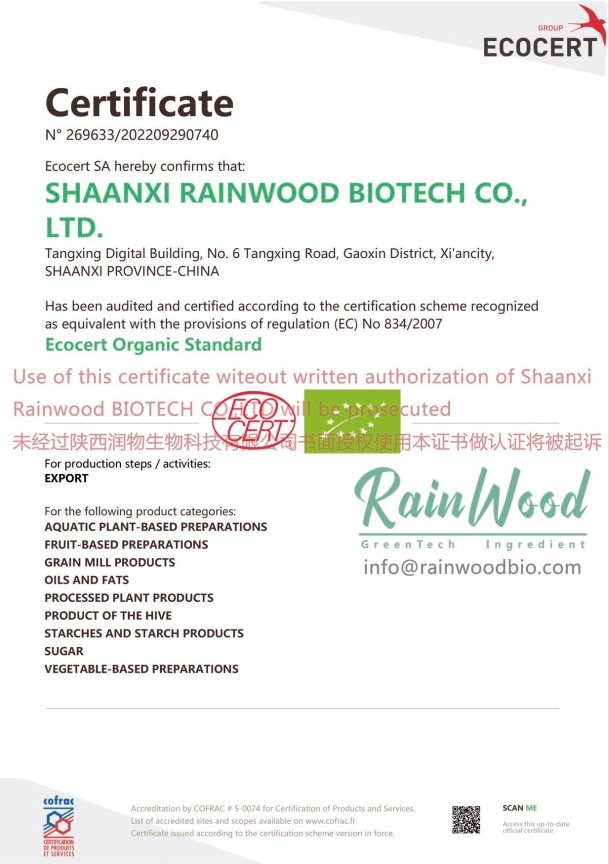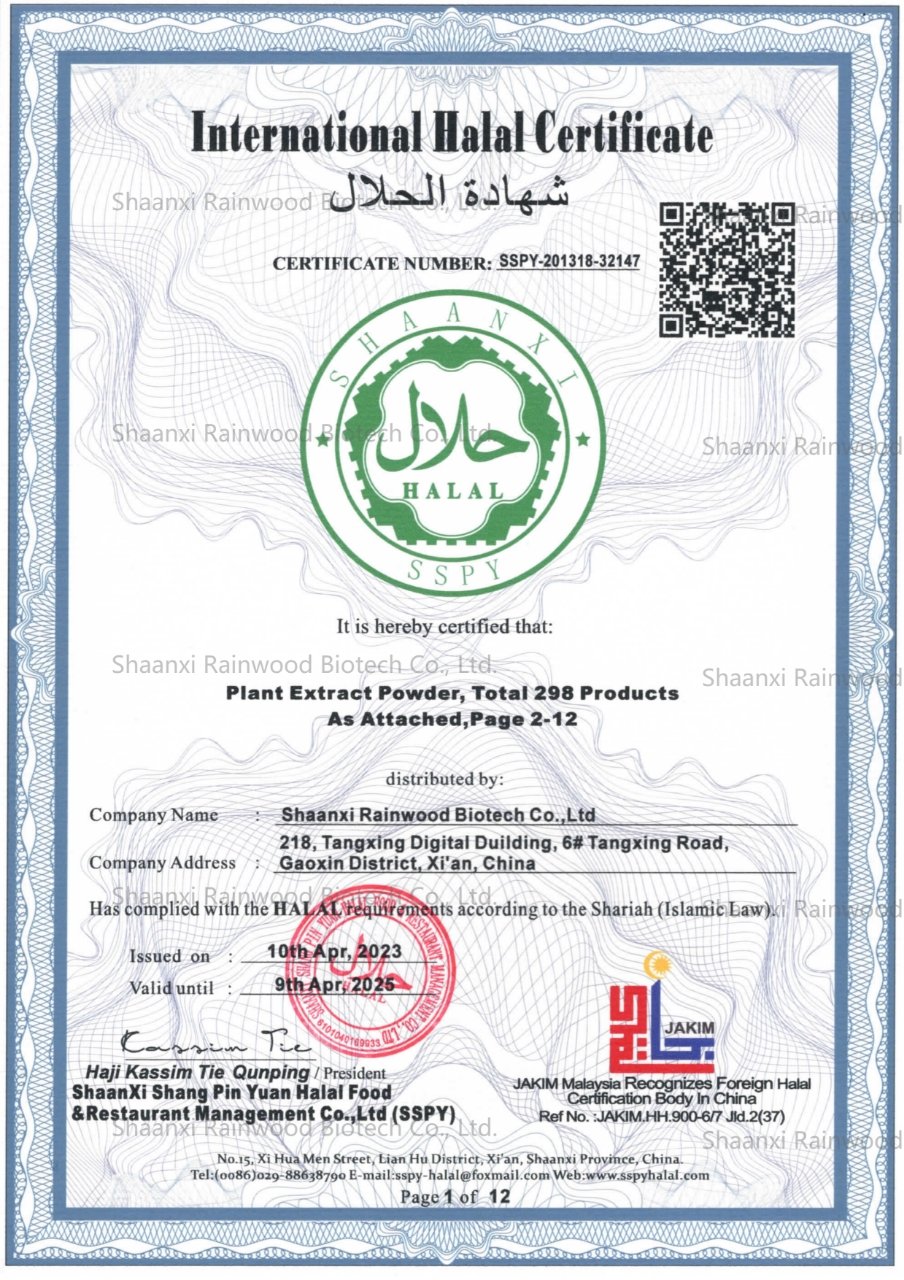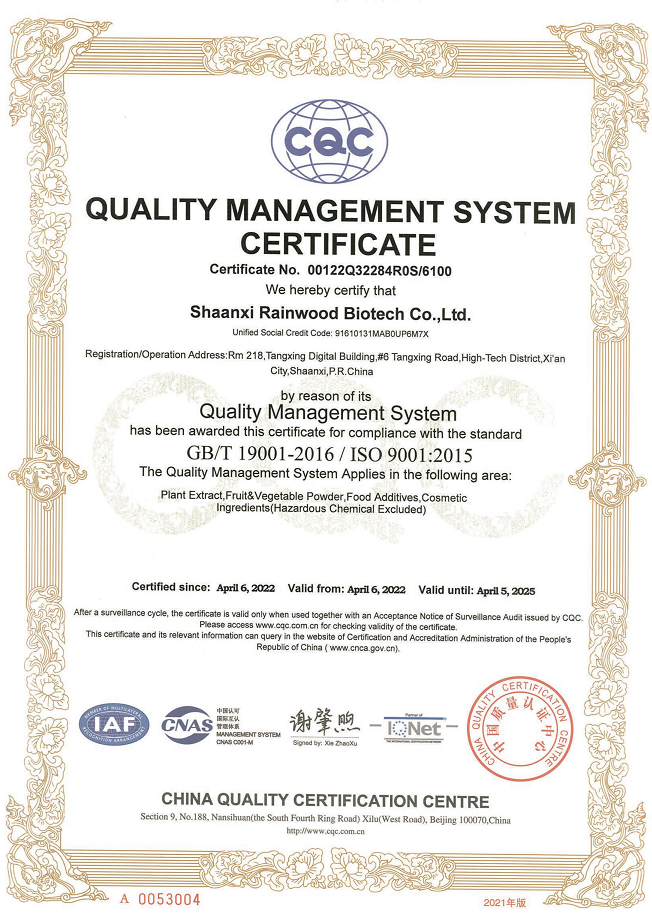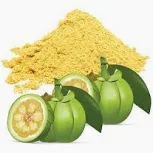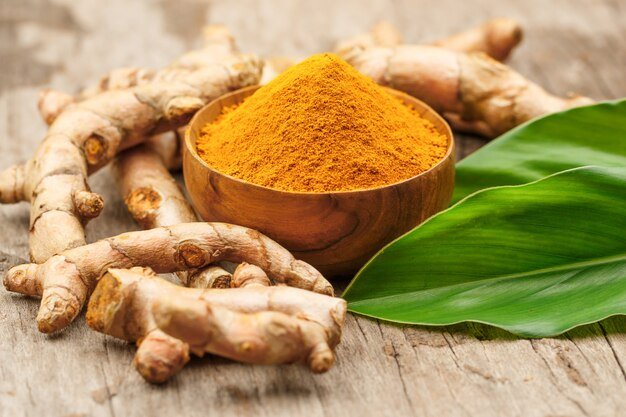As early as ancient China, people paid attention to the foam that appeared when making tea, and regarded this “white foam” as the essence. There is a poem in the “Xie Fu” written by Du Yu, a poet of the Jin Dynasty in my country: “It is just the beginning, and the foam sinks into the Huafu. It is like snow, and it is like a spring compress.” It describes the light soup after brewing tea for the first time. The flowers floated up, bright and bright like dazzling snow, gorgeous and splendid like the thriving spring flowers. In the Song Dynasty, fighting tea was a social fashion. Song people fighting tea was mainly “fighting the color and fighting the float”, that is, the color of the tea soup and the tea foam that came out were decided. Gray and white are second, and yellow and white are second.” The tea foam is better to “bite the cup”, the so-called “bite cup”, that is, the soup noodles “the milk mist is turbulent, overflowing from the cup, and the circle is condensed and does not move, which is called the bite cup.”

The industry recognized that there are three main reasons for the foaming of tea leaves: one is that the tea saponin in the tea is at work; the other is that the tea leaves are made of multiple varieties; the third is that there are more broken powder and tea shavings in the tea. If the fermented tea is not properly crafted, there will be too much foam; while some high-end ancient tree tea soups in Pu\’er tea have foam, the reason is that the ancient tree tea has a lot of hairs and substances in the tea leaves. Tea saponin, protein, solid powder, charcoal powder, etc. with bubble properties in tea ingredients; among them, tea saponin, also known as tea saponin, is a substance that can make tea foam, and the foam caused by tea saponin is harmful to human body. harmless. Tea saponin will accumulate and increase with the growth of fresh leaves. Now there are processing plants that specially extract it and use it to produce emulsifiers, detergents, foaming agents, etc.
Shaanxi Rainwood Biotech Co., Ltd. have professional production of Tea Saponin and other products for 15 years, is recognized as a professional plant extract manufacturers
Tea Saponin, also known as tea saponin, tea saponin. It is a class of natural glycoside compounds extracted from the seeds of camellia plants (such as tea, camellia, camellia oleifera), and is composed of seven ligands (C30 H6 O6 ) (Sapgening), four glycosides (Aglyevn) and two A pentacyclic triterpenoid tea saponin composed of organic acids, is a natural nonionic surfactant with excellent performance.

It not only has good emulsification, foaming, dispersing, penetration, wetting and other active effects, but is hardly affected by water hardness. In addition, it also has anti-inflammatory, analgesic, bactericidal and antipruritic effects. Pentacyclic triterpenoids, used in traditional medicine as anti-inflammatory drugs. Tea saponin also has antibacterial properties and can treat some skin diseases. Since Aoyama Shinjiro first isolated tea saponin in 1931, after several generations of dedicated research and practice, the application of tea saponin has made great progress. Studies have shown that tea saponin has certain hemolytic, anti-insect and bactericidal effects, anti-osmotic, anti-inflammatory, phlegm and cough, analgesic, anti-cancer and other pharmacological functions. In addition, tea saponin also has the effect of killing screws and promoting plant growth. At the same time, tea saponin is also a good surfactant.
Rainwood BIO-committed to plant extract research and development, has more than 15 years experience, certified with ISO9001, ISO22000, KOSHER, HALAL, ORGANIC CERTIFICATE. You will get the cheapest price and best quality from us. Welcome for your inquiry.
https://www.rainwoodbio.com/product/tea-saponin/
Modern medicine shows that tea saponin has the following effects on the human body:
- Tea saponin can be anti-osmotic and anti-inflammatory. It can be used to regulate blood sugar, lower cholesterol, prevent cardiovascular and cerebrovascular diseases, resolve phlegm and relieve cough. The effect of tea saponin in reducing phlegm and relieving cough can treat senile bronchitis and various types of edema. The developed tea seed syrup has obvious effect on the treatment of senile chronic bronchitis; according to Japanese patent reports, tea saponin can also be used as anti-inflammatory Flu medicine.
- Tea saponin has strong antibacterial activity. Tea saponin has inhibitory effect on Candida albicans and Escherichia coli. Studies have shown that tea saponin has a therapeutic effect on superficial fungal infections and has an inhibitory effect on itching of various skin diseases.

3. Tea saponin inhibits alcohol absorption. Domestic and foreign researchers have shown through animal experiments that tea saponin is not only an inhibitor of alcohol absorption, but also a promoter of alcohol digestion. Prevents after effects caused by excessive drinking. Japan has developed tea saponin-containing beverages, ice cream and tablets for hangover.
4. Tea saponin is a good surfactant. The ancient working people of our country knew for a long time that tea seed cakes were soaked in water for washing clothes and hair. In Li Shizhen’s “Compendium of Materia Medica”, there is a record that “tea seeds are pounded to remove oiliness in laundry”. Because tea saponin has various surface activities such as good emulsification, dispersion, wetting, decontamination, foaming, etc., it is a natural surfactant with excellent performance. Therefore, tea saponin is widely used in washing, wool spinning, knitting, medicine, daily chemical industry, construction industry and other fields.
5. Tea saponin is a hair growth promoter. Studies have shown that taking an appropriate amount of tea saponin every day can make hair black and lush.
Application of tea saponin
Application in daily chemical industry
The use of tea seed cakes soaked in water for laundry and shampooing has been practiced since ancient times. It is generally believed that tea seed cakes can make hair soft and bright after shampooing, and can eliminate dandruff and relieve itching. In modern times, tea saponin, as a natural product, is a rare surfactant material in the daily chemical industry.
Using the surface activity of tea saponin, it can be used as shampoo, shampoo, etc. It not only makes the hair shiny and feels good, but also is practically non-toxic, safe to use, has the effect of nourishing hair and skin care, and anti-inflammatory and antipruritic. Anti-dandruff effect and other pharmacological functions; as a matrix component, tea saponin can be used in sunscreen anti-inflammatory emollient cream, soap, body wash, etc.
Tea saponin can also be used for washing clothes. The naturalness of tea saponin and its non-destructiveness to protein and cellulose make tea saponin unparalleled in the washing of wool, silk and down, such as small peeling ability. , will not produce cashmere, the fabric will not lose luster and so on. Therefore, in recent years, daily chemical products of tea saponin have appeared continuously.
Medical application development
Tea saponin has the effect of reducing phlegm and relieving cough, and can treat senile bronchitis and various edema. The developed tea seed syrup has obvious effect on the treatment of senile chronic bronchitis; according to Japanese patent reports, tea saponin can be used as anti-inflammatory agent Influenza medicine, and changing it into α-glycosyl tea seed saponin by chemical means, can be used for various medicines or health drinks and food.
Application in aquaculture
In the cultivation of prawns, the hemolytic effect and fish poisoning effect of tea saponin can be used as a pond-clearing agent to kill harmful fish, but it has no effect on prawns, and saponin is not absorbed by the human stomach and intestines, so people can use it with confidence. ; The feed additive prepared with tea saponin (trade name: Ts9005) is an effective alternative to antibiotics, which can reduce zoonotic diseases, bring the whole breeding industry to a new level, and finally make people eat assured meat.
Other applications
In terms of construction, TW301, which is prepared with tea saponin as the main agent, can be used as foaming agent and foam stabilizer in the production of air-entrained concrete; in terms of pesticides, tea saponin can be used as wetting agent and suspending agent in solid pesticides. It can be used as a synergist and spreading agent in emulsifiable concentrate pesticides, and can also be directly used as biological pesticides. Tea saponin can also be used in foam drilling, foam drainage and so on.








